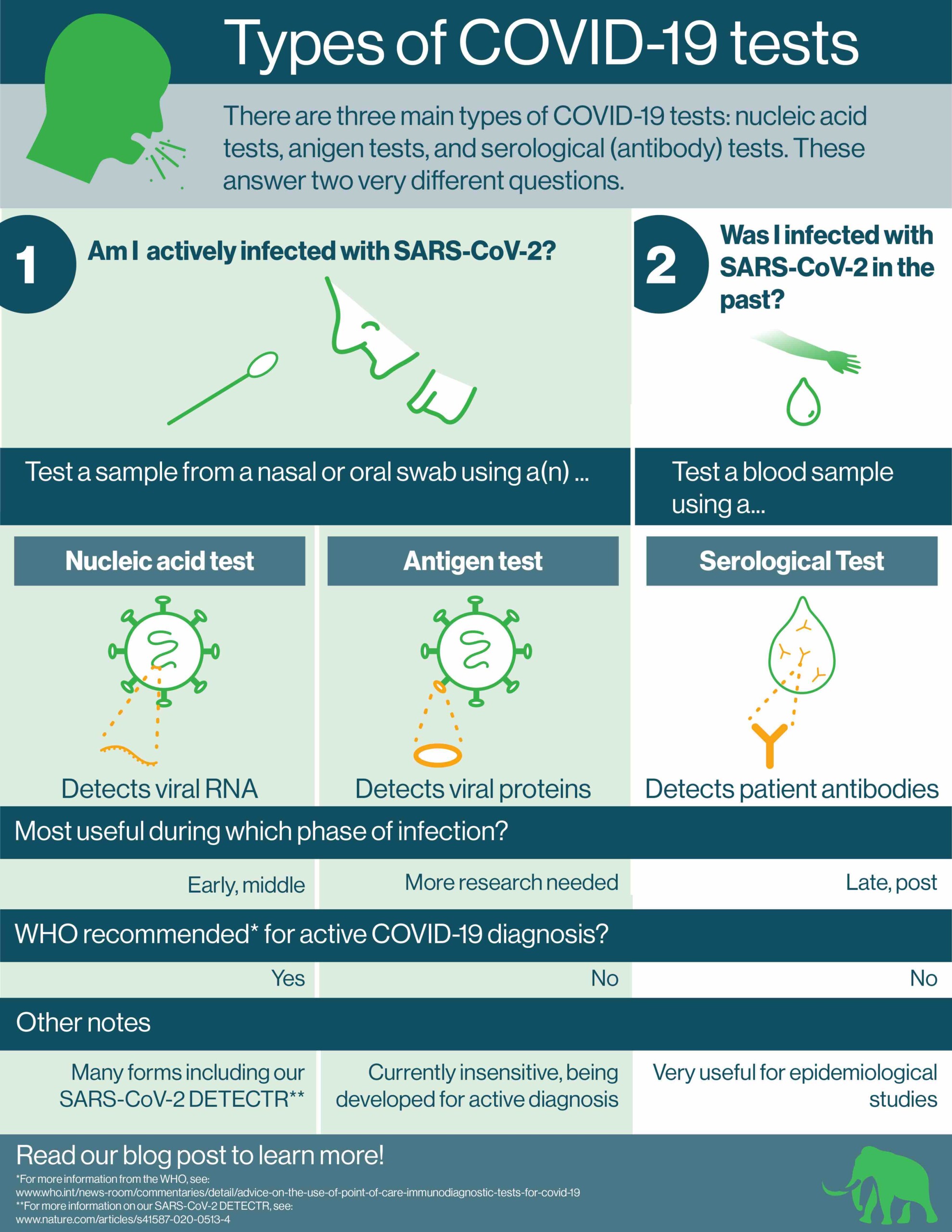
RT-PCR test to confirm a negative antigen test result. Depending on the situation, the health care provider may recommend a But there's an increased chance of false-negative results - meaning it's possible to be infected with the virus but have a negative result. Others may be sent to a lab for analysis.Ī positive antigen test result is considered accurate when instructions are carefully followed. Using a nasal swab to get a fluid sample, antigen tests can produce results in minutes. This COVID-19 test detects certain proteins in the virus. RT-PCR tests are very accurate when properly performed by a health care professional, but the rapid test can miss some cases.Īntigen test. Results may be available in minutes if analyzed onsite or a few days - or longer in locations with test processing delays - if sent to an outside lab. A fluid sample is collected with a nasal swab or a throat swab, or you may spit into a tube to produce a saliva sample. Also called a molecular test, this COVID-19 test detects genetic material of the virus using a lab technique called reverse transcription polymerase chain reaction (PCR). The FDA approved these types of tests for diagnosing a COVID-19 infection: What tests are used to diagnose COVID-19? This plasma could be used to treat others with severe disease and boost the ability to fight the virus. Food and Drug Administration (FDA) authorized specific antibody tests, but tests with questionable accuracy are still on the market.Īnother benefit of accurate antibody testing is that people who've recovered from COVID-19 may be eligible to donate plasma, a part of their blood. So antibody testing is not recommended until at least 2 to 3 weeks after your symptoms started. If you have testing too early in the course of infection, when the immune response is still building up in your body, the test may not detect antibodies. The timing and type of antibody test affects accuracy. The level of immunity and how long immunity lasts aren't yet known and continue to be studied. But they can help prevent severe disease. However, having antibodies may not mean you're protected against reinfection with COVID-19. It may also mean that you have some immunity. If test results show that you have antibodies, it can mean that you have been infected with the COVID-19 virus in the past or you have antibodies after being vaccinated. The immune system produces these antibodies - proteins that are critical for fighting and clearing out the virus. Then the sample is tested to determine whether you've developed antibodies against the virus that causes COVID-19.

Acutis diagnostics covid test professional#
A health care professional takes a blood sample, usually by a finger prick or by drawing blood from a vein in the arm. Eligibility may vary, depending on the availability of tests.
Acutis diagnostics covid test full#
When is antibody testing done and why is it important?Īntibody testing, also known as serology testing, is usually done after full recovery from COVID-19.


 0 kommentar(er)
0 kommentar(er)
